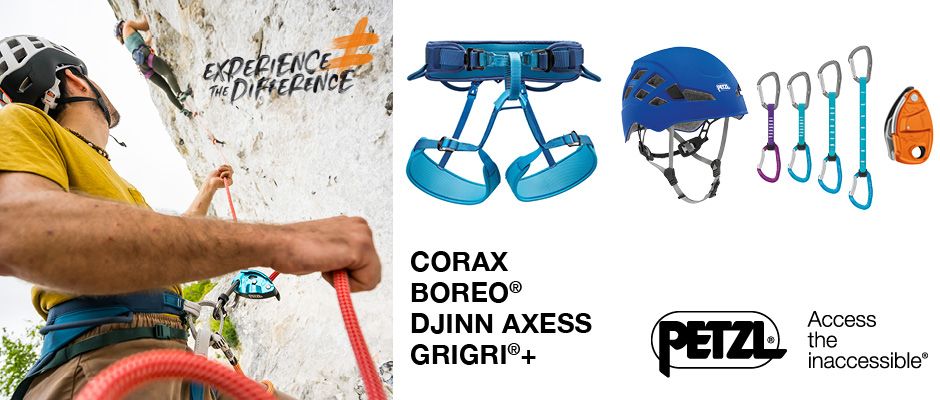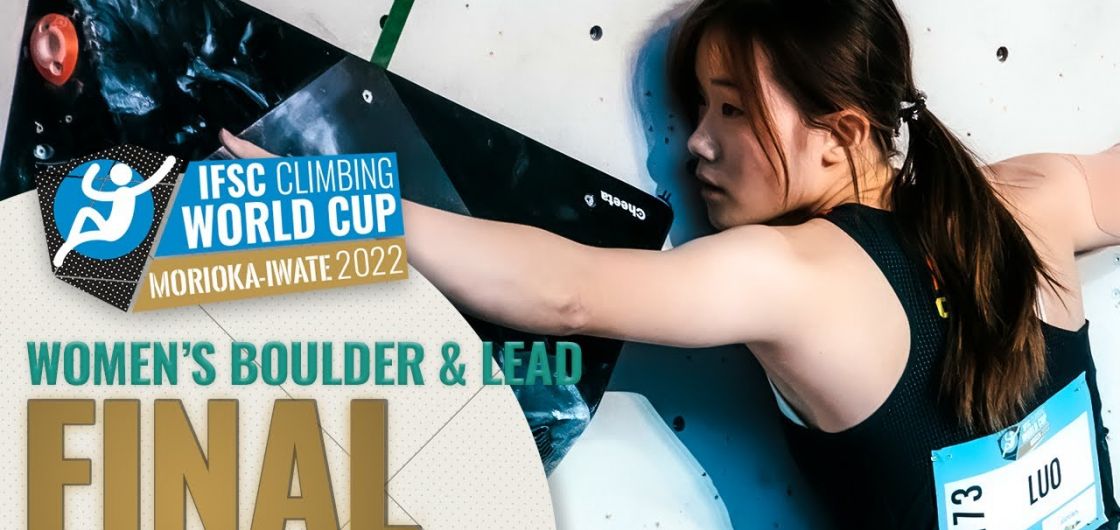IFSC World Cup Combined Morioka-Iwate
To cap off a long season of World Cup events, IFSC ran a practice combined competition to finish the season. This stand-alone combined World Cup event featured the new rules for the Paris Olympics, with a revised format excluding speed and scoring both Lead and Boulder on a progress-based points system, rather than the comparative ranking system used in Tokyo. As discussed here, even leaving aside the slightly farcical inclusion of speed, the scoring system in Tokyo allowed some results which perhaps didn't quite reflect the performance of the athletes. The revised scoring system allows for better separation between athletes, with two scoring zones in each boulder and a decimal place deduction for each attempt refining the scores. In the lead, a simple one point per hold system exists for the lower part of the route, changing to two and then five points per hold as athletes progress further up the route. How would this system compare to the placings multiplier used in Tokyo? The Morioka-Iwate event would let us find out.
Coming at the end of a long season, many athletes chose not to attend, especially the athletes based in Europe as Japan is a long way away with a big time difference. The athletes who skipped the event included Women's favourite Janja Garnbret (SLO). Nevertheless, there was exceptional climbing talent on display in both the Men's and Women's events.
Tomoa Narasaki (JPN) was the favourite going into the Men's final. The competition ran close on the heels of the Asia Championships, held in Seoul, where Narasaki had won the individual boulder and lead events, as well as the combined. This was a fairly stunning result, given he is known as a boulder specialist and how strongly his Japanese team mates had been in Lead this season, where Tomoa had been absent. It turns out he had made an unfortunate slip low on the lead route at the Japan Championships, meaning he didn't place high enough to qualify to represent Japan at the Lead World Cups this year. The Asia Championships showed that, if anything, he has improved a lot at lead and this might even go some way to explaining his slightly lower form in the Boulder World Cups this year. Narasaki was joined by four other team Japan climbers in the final. Again, this was no surprise, as Japanese men dominated both the Boulder and Lead World Cup podiums this season. Paul Jenft (FRA) climbed superbly in the Boulder to take an early lead, but was ultimately surpassed by Narasaki, Yoshiyuki Ogata (JPN) and Kokoro Fujii (JPN) to give Japan a clean sweep of the podium.
In the Women's event, it was another Japanese climber, 19 year-old Ai Mori, who stole the show. She was joined by three other Japanese women in the final, giving the home team another chance at a clean sweep of the podium. After becoming the only climber to beat Janja Garnbret on the Lead wall this year, not once, but twice, Mori showed huge improvement in the Boulder event, finishing second to World Cup bouldering overall champion Natalia Grossman (USA), but only by .3 of a point. Given Mori's performance in the recent Lead World Cups, there was little question she would clinch victory on the Lead wall, which she did, with a very convincing climb to near the top of the route. Her high point was not surpassed, giving a dominant victory over Natalia Grossman, who climbed well enough in the lead to hold off a strong push for silver by Korea's Chaeyun Seo. The other Japanese women failed to emulate the men, finishing 5–7 behind Brooke Raboutou (USA) in 4th.
The new scoring system, while slightly more complicated and taking some time to understand by the viewers, seems to give a fairer outcome than the old system and still sustain the drama throughout the competition. The Morioka-Iwate event was a good opportunity for competition climbing fans to see and understand the new system, as well as whet appetites for the Paris games, now under two years away. Paris offers up some exciting questions to answer: will the Japanese men find redemption, after missing out at home in Tokyo? And will Janja Garnbret be the golden girl again, with Natalia Grossman and Ai Mori recently emerging as strong contenders in both Boulder and Lead, each of whom can beat Garnbret in those two events on their day?
Next year's IFSC World Cup season should give us some more indication to the answers of those questions, and might even throw up some new contenders too.
